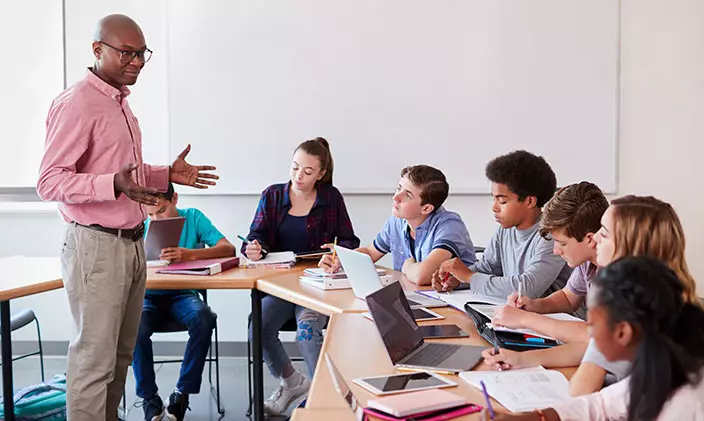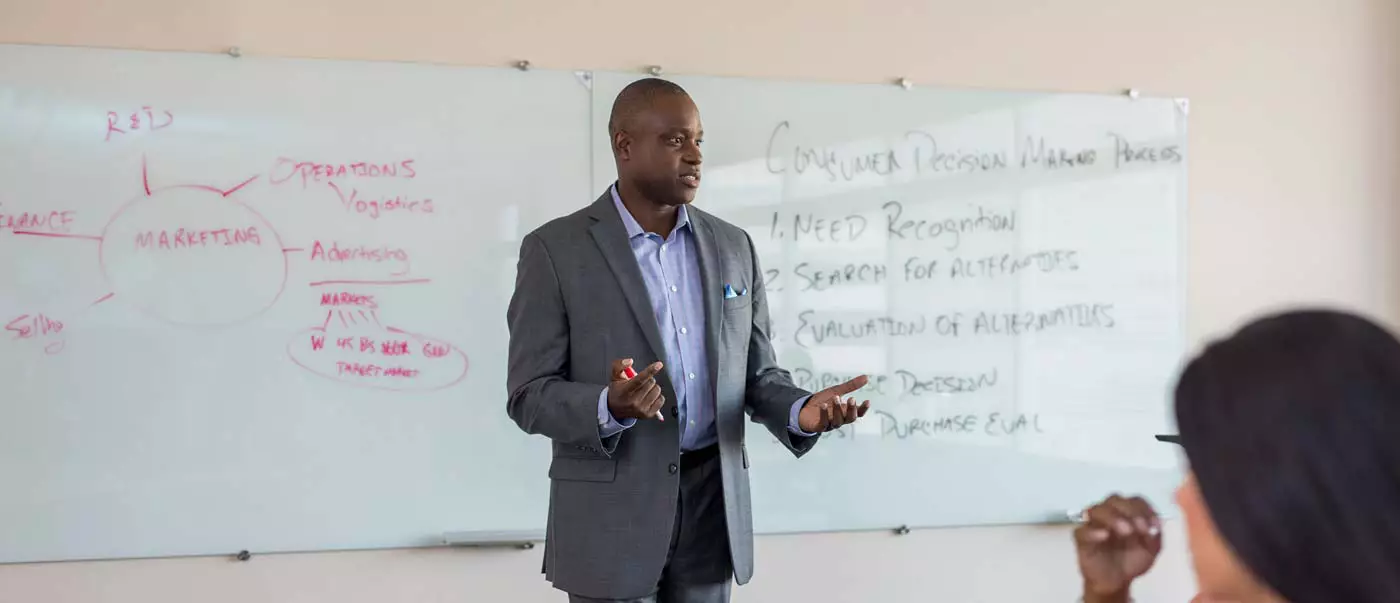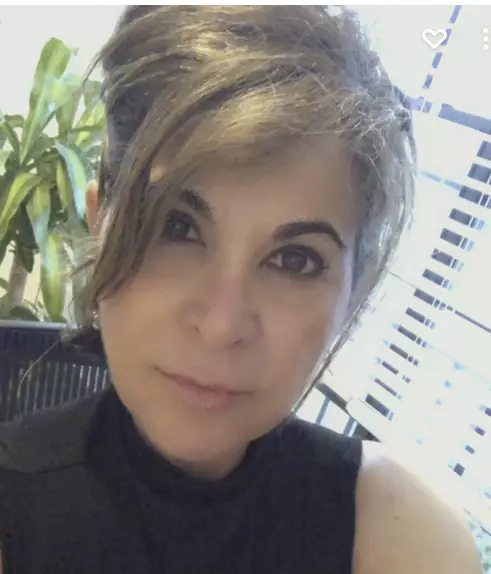Research-Based Characteristics of Feedback-Literate Students and Instructors in Higher Education

By Juana M.Lang
Scholars have been tasked with improving the quality of feedback in higher education (Molloy et al., 2020) and have shifted the focus to a more student-centered approach, considering that student dissatisfaction with feedback remains high. However, feedback initiatives may be fruitless without learnersŌĆÖ and instructorsŌĆÖ knowledge of the processes involved in giving and receiving feedback (Carless & Boud, 2018). The feedback process goes beyond merely comprehending instructorsŌĆÖ comments or the reasons behind a grade; it requires the learner and the teacher to become feedback literate (Sutton, 2012). Feedback literacy is situated within the landscape of academic literacies (Nieminen & Carless, 2023) and has emerged in the higher education literature as a response to finding solutions to a field fraught with problems (Bailey & Garner, 2010).
StudentsŌĆÖ Feedback Literacy: Definition and Characteristics
According to Sutton (2012), developing feedback literacy is not easy. Student feedback literacy is linked to learnersŌĆÖ dispositions and ability to interpret feedback (Carless & Boud, 2018). Furthermore, from a student perspective, feedback literacy is the process of understanding the information provided by instructors, appreciating instructorsŌĆÖ role in the process, and applying and managing feedback to improve work (Carless & Boud, 2018; Molloy et al., 2020). Carless and Boud (2018) observed that inadequate levels of student feedback literacy impede studentsŌĆÖ productive integration of feedback into their learning. A study conducted by Molloy et al. (2020) examined feedback literacy through studentsŌĆÖ descriptions of successful feedback events, resulting in the identification of seven themes that describe studentsŌĆÖ feedback literacy characteristics:
-╠² ╠² ╠² ╠² The student is committed to feedback to improve performance.
-╠² ╠² ╠² ╠² The student appreciates feedback.
-╠² ╠² ╠² ╠² The student is eager to receive feedback and elicits it to catapult learning.
-╠² ╠² ╠² ╠² The student processes feedback.
-╠² ╠² ╠² ╠² The student shows awareness of emotions and self-regulates.
-╠² ╠² ╠² ╠² The student views feedback as a reciprocal process.
-╠² ╠² ╠² ╠² The student takes action based on the feedback information.
╠²
InstructorsŌĆÖ Feedback Literacy: Definition and Characteristics

Managing feedback processes can pose challenges for instructors, especially when dealing with large classes and the increased workload associated with providing quality feedback to students. However, teacher feedback literacy is a crucial pedagogic component closely connected to developing studentsŌĆÖ feedback literacy (Carless & Winstone, 2023). Instructor feedback literacy encompasses teachersŌĆÖ knowledge, disposition, and expertise in designing feedback processes (Carless & Winstone, 2023). According to Carless and Winstone (2023), feedback-literate instructors demonstrate the following characteristics:
-╠² ╠² ╠² ╠² The instructor designs a curriculum to encourage students to generate and uptake feedback.
-╠² ╠² ╠² ╠² The instructor supports students in making judgments about their feedback by designing activities such as peer feedback and exemplar evaluations.
-╠² ╠² ╠² ╠² The instructor provides timely feedback.
-╠² ╠² ╠² ╠² The instructor incorporates intrinsic feedback within learning activities so students can make sense of the feedback provided.
-╠² ╠² ╠² ╠² The instructor deploys technology to facilitate student engagement and feedback acceptance.
-╠² ╠² ╠² ╠² The instructor supports and demonstrates approachability and sensibility in sharing feedback with students.
-╠² ╠² ╠² ╠² The instructor envisions feedback as a partnership between teachers and students.
-╠² ╠² ╠² ╠² The instructor provides only feedback that is useful to students.
In conclusion, studentsŌĆÖ and instructorsŌĆÖ feedback literacy processes have emerged as central topics in the evolving dialogue surrounding feedback practices in higher education. The development of feedback literacy carries significant implications for higher education institutions, students, and instructors. Therefore, further research studies should be undertaken to delve deeper into this field. Meanwhile, it is crucial to implement a practical and purposeful plan to nurture these competencies among higher education students, drawing upon the support of current research.
References
Bailey, R., & Garner, M. (2010). Is the feedback in higher education assessment worth the paper it is written on? TeachersŌĆÖ reflections on their practices. Teaching in higher education, 15(2), 187-198.
Carless, D., & Boud, D. (2018). The development of student feedback literacy: Enabling uptake of feedback. Assessment & Evaluation in Higher Education, 43(8), 1315-1325.╠²
╠²Carless, D., & Winstone, N. (2023). Teacher feedback literacy and its interplay with student feedback literacy. Teaching in Higher Education, 28(1), 150-163,╠²
Molloy, E., Boud, D., & Henderson, M. (2020). Developing a learning-centered framework for feedback literacy. Assessment & Evaluation in Higher Education, 45(4), 527-540.╠²
Nieminen, J. H., & Carless, D. (2023). Feedback literacy: A critical review of an emerging concept. Higher Education, 85(6), 1381-1400.
Sutton, P. (2012). Conceptualizing feedback literacy: Knowing, being, and acting. Innovations in Education and Teaching International, 49(1), 31-40.
╠²

Juana M. Lang
ABOUT THE AUTHOR
Juana M. Lang, Ed.D., is an alumna and member of the Center for Educational and Instructional Technology at the Ų▀╔½╩ėŲĄ. She is currently serving as a college professor and a K-12 educator. Dr. Lang's career in education has been dedicated to motivating others to reach their goals. As an educator, Dr. Lang knows about the importance of best practices as a vehicle to reach every learner from every walk of life. Therefore she is dedicated to learning and growing through research and science. Dr. Lang believes in the power of relationships with students and colleagues to create a positive atmosphere where learning and collaboration thrive.╠²